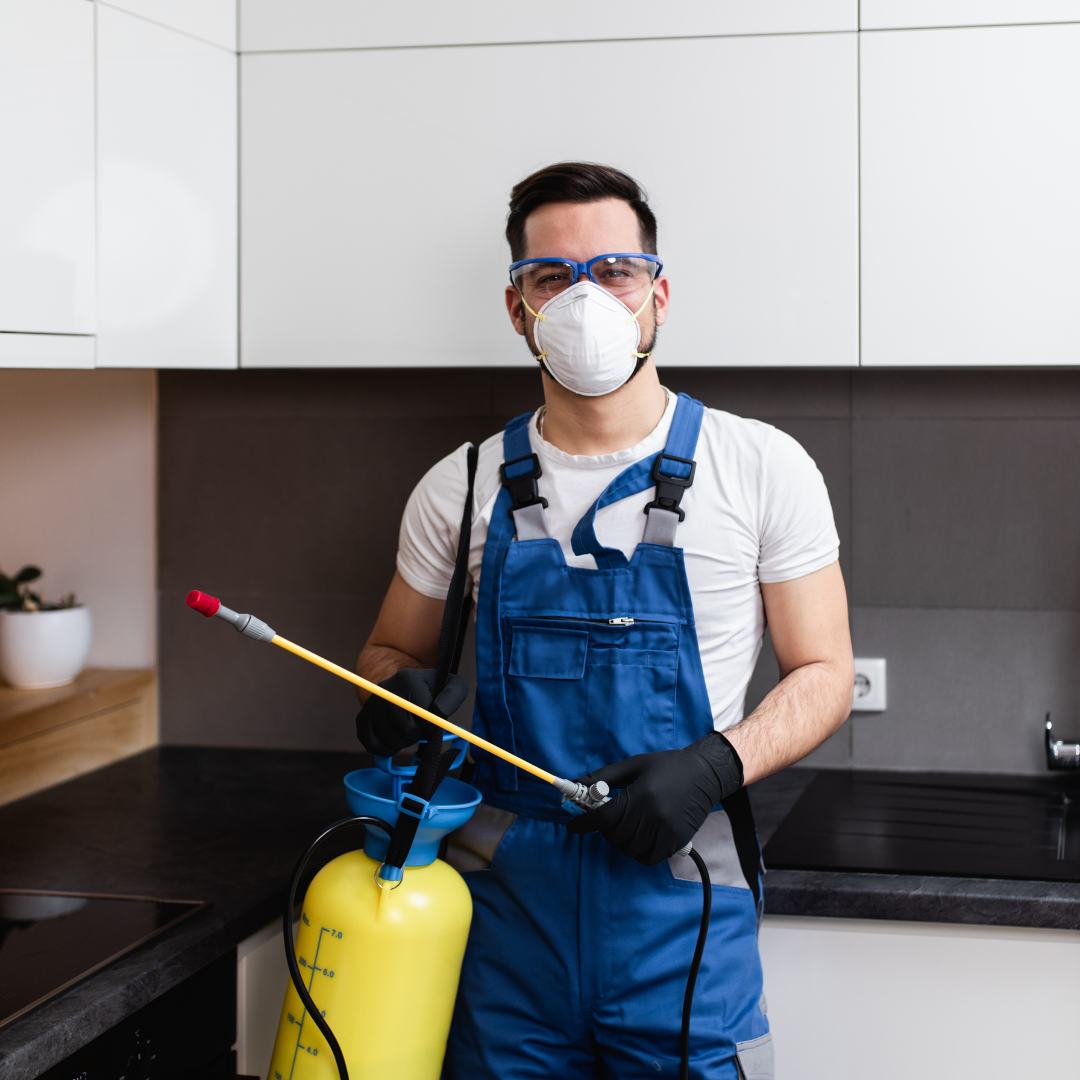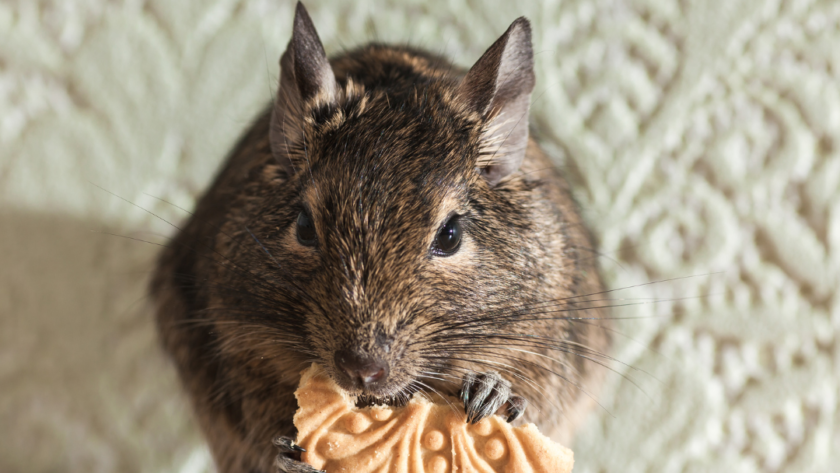Introduction
Pests are annoying, but they can also pose a serious health threat to you and your family. They can spread disease, cause allergies and contaminate food. If you have a pest problem in your home, it’s important to eliminate the source of the problem as soon as possible. There are many ways for you to do this:
Know the problem
The first step for controlling pests is to identify the type of pest you’re dealing with. While there are many kinds of insects, rodents, and other animals that can be problematic in your home or garden, not all are equally dangerous. If you catch sight of one crawling around your home—or feel one bite you—it’s important to figure out what kind it is before deciding whether action needs to be taken (and if so, how).
To help with this process, here are some rules of thumb:
- Rodents tend to have long tails and small ears compared to other animals like cats or raccoons. These animals also have fur coats on their bodies which helps them retain heat during cold weather months; whereas most insects don’t need fur because they aren’t as prone to colder temperatures.
- Insects have six legs whereas other types of pests such as reptiles/fish/amphibians do not have any legs at all but rather slither along surfaces instead (like snakes).
Remember that there are exclusion methods for every kind of pest.
As you can see, there are many ways to keep pests out of your home, and not just with pest control services. There are also exclusion methods for every kind of pest. For example, if you have rats in the attic, exclude them from entering by sealing off any possible entries they could use (like holes around pipes or wires) and installing a trap door at the top of your roof that prevents rodents from coming into your living space. If it’s bugs like roaches or ants that are invading your house, seal off cracks in windows and doors with caulk so they can’t get inside easily. These kinds of exclusion methods will help you get rid of these little nuisances without having to call an exterminator every time something needs to be done around the house!
Make sure you work with a certified professional

If you’re looking for a pest control service, make sure that you work with a certified professional. This means they have been trained and tested by the state in their field of expertise. They know what they are doing, and they can help you avoid health hazards and get rid of your pest problem efficiently.
Always start with non-chemical means of pest control.
To start with, you should always try to use non-chemical means of pest control. These include:
- Vacuuming up the pests – This can be a very effective way of removing pests from your home if they are small enough. Make sure that you empty the bag right away and wash it off with detergent so that none of the insects are left behind.
- Cleaning up food and other organic material – Pests love to feed on rotten or decaying matter, but they do not like fresh food at all. As such, making sure that your house is free of any open food containers is one way to keep them out (although this may not work too well in homes where people often leave food lying around). Also, make sure not to leave pet droppings lying around; rodents may be attracted by those as well!
If these methods fail—or if the infestation is severe—you can also use insecticides or traps in order to kill the pests on contact with them or capture them alive so that they can then be released outdoors (from there hopefully dying naturally). Other non-chemical options include using natural repellents such as citronella candles or essential oils like rosemary oil which keep insects away from areas where humans tend to spend time without being harmful themselves.
Conclusion
Pest control is not as simple as it seems. If you want to avoid spending money on exterminators, make sure you take the time to research what kind of pests are in your area before calling one out. You should also consider alternatives such as non-chemical methods or natural predators if possible.



